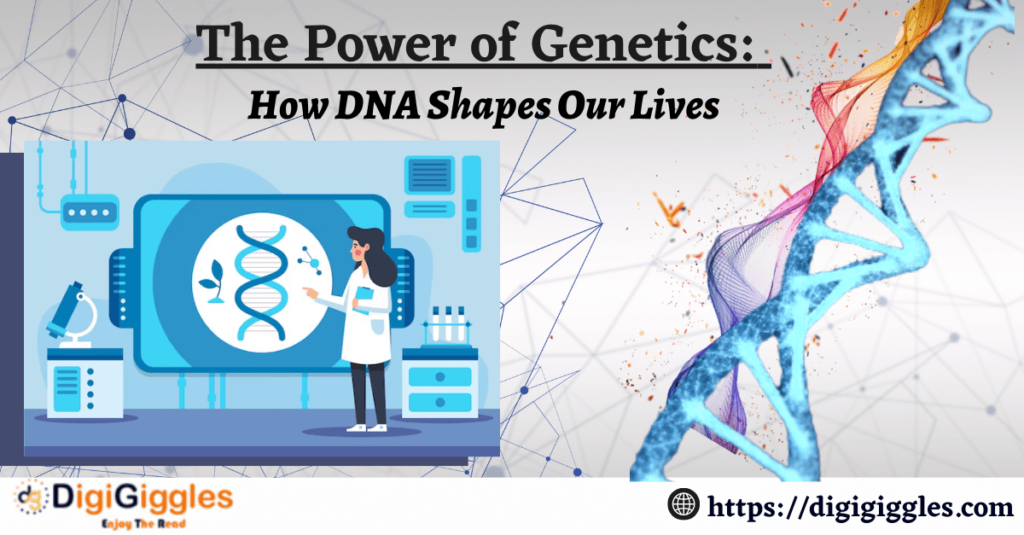Since your childhood; how many identical twins lost and found movies you have seen? It was a favorite concept of many leading directors and their stories you may find a little too dramatic. But my friend; in reality; the truth is stranger than fiction. In the land of stories about separated identical twins, one pair stands out as the epitome: the enigmatic duo known as the “Two Jims.”
James Springer and James Lewis, who were parted shortly after birth and raised by different families, achieved a momentous reunion at the age of 39. When the esteemed psychologist Thomas Bouchard encountered them in 1979, he was astounded by the parallel lives they had led. An article in The Washington Post aptly summarized their astonishing likeness: both had embarked on marriages with women named Linda, experienced divorces, and then found solace in the arms of a Betty. They exhibited an affinity for mechanical drawing and carpentry, harbored a fondness for mathematics during their schooling, and shared an aversion to spelling. Their smoking and drinking habits mirrored each other, as did the timing of their headaches. The striking similarities between them appeared to reflect a profound influence of their inherited genetic makeup, shaping the essence of their individuality.
In another study by the Minnesota Center for Twin and Family Research; it is revealed that more than 50% of our traits are inherited. For example; behavioral traits like prone to anxiety and stress, submissive nature towards authority, and risk-taking attitude. The researchers also suggested that genes help us to determine our preferences towards religion and politics.
It can be disconcerting for some to ponder the notion that our beliefs and actions are propelled by unconscious biological forces, as it appears to challenge the very essence of free will. We take comfort in the belief that our decisions are shaped by our conscious reflections. However, does all the contemplation become inconsequential if our ultimate choices were predetermined by our genetic blueprint? Moreover, does the entire structure of personal accountability crumble if we embrace the notion that “my genes compelled me to act”? To confront these apprehensions; we must embark on a closer examination of the revelations unveiled by the experiences of identical twins.
To satisfy our concerns; it is enlightening to delve into the true implications of genetic studies. At the crux of the matter lies the crucial concept of heritability. Frequently; we encounter assertions that various traits exhibit significant heritability. For instance, happiness is supposedly 50% heritable. On the surface; these figures may appear strikingly substantial. However, their interpretation can be deceiving for those not well-versed in statistical analysis.
A common misconception that many people tend to hold is the assumption that if a particular trait, like autism, has a heritability rate of 90%, it automatically implies that 90% of individuals with autism acquired the condition from their parents. However, it is crucial to understand that heritability does not reflect the probability or risk of passing on a specific trait. Instead, it denotes the extent to which genetic factors contribute to the variation observed within a particular population. Importantly, the degree of heritability can vary depending on the environmental factors influencing that specific population.
Therefore, the concept of genetics and heredity continues to be an intriguing and complex subject for mankind. In the near future; we eagerly await research endeavors that could lead to the elimination of genetic diseases. These significant discoveries will greatly enhance our understanding of the likelihood of inheriting ailments such as Alzheimer’s, schizophrenia, heart disease, different types of cancer, and other chronic illnesses. It is our sincere hope that these advancements will be utilized solely for the betterment of humanity; opening doors to a promising new era.
